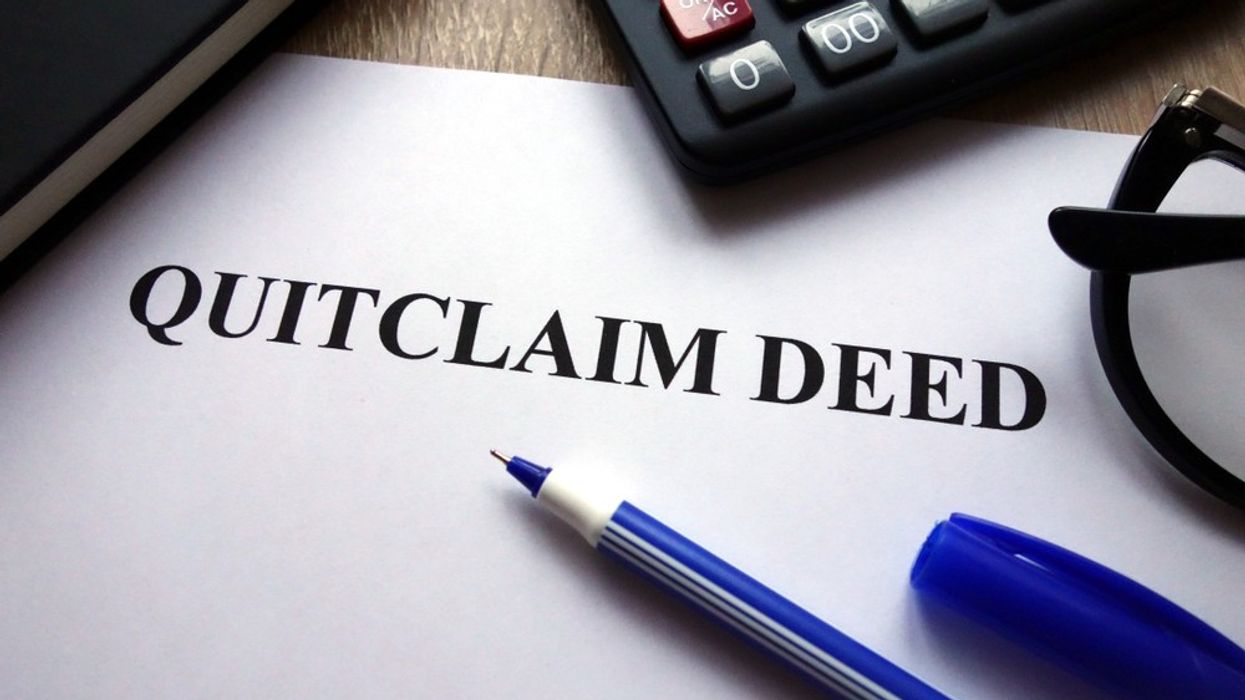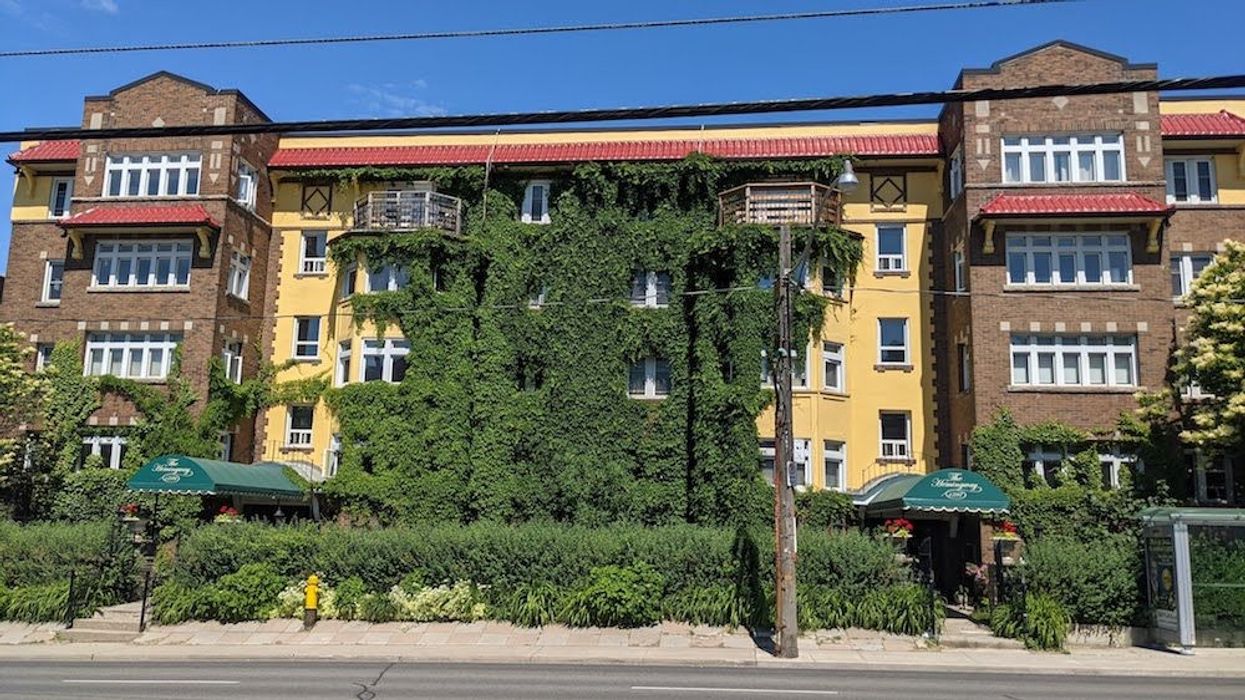Quitclaim Deed
Learn what a quitclaim deed is in Canadian real estate, when it’s used, and why it offers no title protection compared to other property transfer methods.

May 22, 2025
What is a Quitclaim Deed?
A quitclaim deed is a legal document that transfers any ownership interest a person may have in a property to another party, without making any guarantees or warranties about the title.
Why Quitclaim Deeds Matter in Real Estate
In Canadian real estate, quitclaim deeds (though more common in U.S. terminology) may be used in specific cases such as divorces, estate transfers, or correcting title errors. The grantor gives up any claim to the property but does not guarantee that they own it or that the title is clear.
Key uses include:
- Transferring property between family members
- Removing a spouse from title after divorce
- Clearing up potential title disputes
Because quitclaim deeds offer no legal protection for the grantee, they are not typically used in arms-length real estate sales.
Understanding quitclaim deeds helps parties complete informal transfers or resolve minor title issues when no warranty of ownership is needed.
Example of a Quitclaim Deed in Action
During a separation, one spouse uses a quitclaim deed to remove their name from the jointly owned home’s title, transferring full interest to the other.
Key Takeaways
- Transfers any ownership interest with no guarantees.
- Common in non-sale transfers like divorces.
- Not used in traditional home purchases.
- Does not confirm title is valid.
- Requires legal review before use.
Related Terms
- Title Transfer
- Legal Title
- Ownership Rights
- Divestiture
- Real Estate Lawyer


 Renderings of the 65-storey tower previously proposed for 145 Wellington Street West. (Partisans with Turner Fleischer / SKYGRiD)
Renderings of the 65-storey tower previously proposed for 145 Wellington Street West. (Partisans with Turner Fleischer / SKYGRiD)






 205 Queen Street, Brampton/Hazelview
205 Queen Street, Brampton/Hazelview
 Christine Boyle and Gregor Robertson. (Government of British Columbia)
Christine Boyle and Gregor Robertson. (Government of British Columbia)

 CREA
CREA
 Liam Gill is a lawyer and tech entrepreneur who consults with Torontonians looking to convert under-densified properties. (More Neighbours Toronto)
Liam Gill is a lawyer and tech entrepreneur who consults with Torontonians looking to convert under-densified properties. (More Neighbours Toronto)